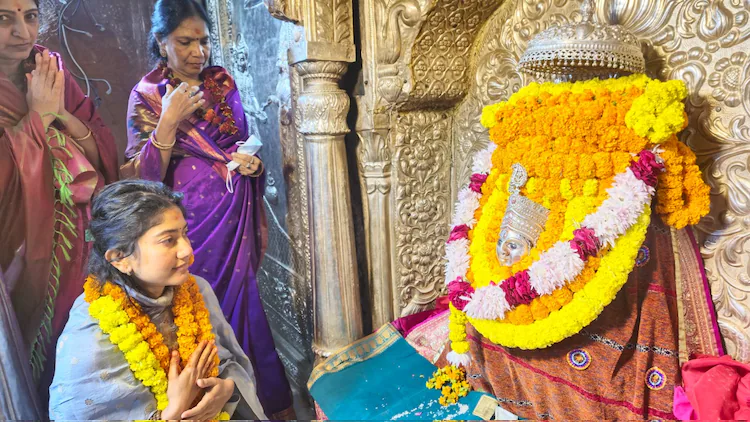Amid the chaos in Bangladesh, a trouble group named, “THE R3SISTANC3” have used cyber crime as a weapon of their protest. This group has hacked the official website of the Prime Minister’s office, Central Bank and the police.
The group has posted the same message on all the three sites with the title, “Operation HuntDown, Stop Killing Students.” The text was written in red dots , “It’s not a protest anymore, it’s a war now.”
বাংলাদেশ পুলিশলীগের অফিশিয়াল সাইট হ্যাকড!
The #BDPolice website has been defaced in response to their violent actions against peaceful student protesters. We will soon upload the names and details of those involved in the violence.
Stay tuned for updates. Share this news on… pic.twitter.com/cV2066OKGd
— Basherkella – বাঁশেরকেল্লা (@basherkella) July 18, 2024
The message accused the government of responding to peaceful student protests with violence and murder. It described the situation as a fight for justice and freedom, calling for hackers, investigators, and journalists to join their cause and take action.
The websites also displayed pictures of five men and two dogs, though no details about them were provided. The unrest began with students demanding changes to a quota system that reserved 30% of government jobs for descendants of war veterans from Bangladesh’s 1971 independence war.
Critics claimed this system unfairly favored allies of the ruling Awami League party, which led the independence movement. Over 100 people have died in protests over the controversial hiring rules.
Also Read: Will Aam Aadmi Take A Sigh Of Relief? Budget Session 2024
In response, the Bangladesh Supreme Court recently reduced the quota for war veterans’ relatives from 30% to 5%, with 93% of positions to be filled based on merit and the remaining 2% reserved for minorities, transgender people, and the disabled.
The power of Bangladesh student#Bangladesh pic.twitter.com/h0baSGgjI0
— Roshan Din Diameri (@Rohshan_Din) July 20, 2024
This decision followed weeks of student-led protests, which escalated into clashes with groups linked to the Awami League and allegations of police using excessive force. The Prime Minister Sheikh Hasina’s government had tried to end the quota system in 2018, but the High Court reinstated it last month, sparking more protests.
During the unrest, the government imposed a curfew, deployed military forces, and cut off communication, isolating Bangladesh. Reports indicated the police used tear gas, rubber bullets, and smoke grenades to control protesters, worsening public anger. Despite defending the quota system and the contributions of veterans, the government faced criticism for portraying protesters as unpatriotic.
The communication blackout and heavy-handed response intensified calls for broader political reforms and even the government’s resignation. Protesters argued that the issue extended beyond job quotas to include the loss of lives, property damage, and restricted information flow. This situation is seen as a critical challenge for the Bangladesh government, with uncertain prospects for both the administration and the protesters.
Also Read: All Eyes On Bangladesh: Why Are The Students Protesting Now?


















